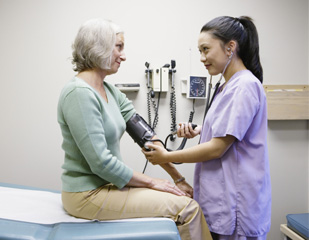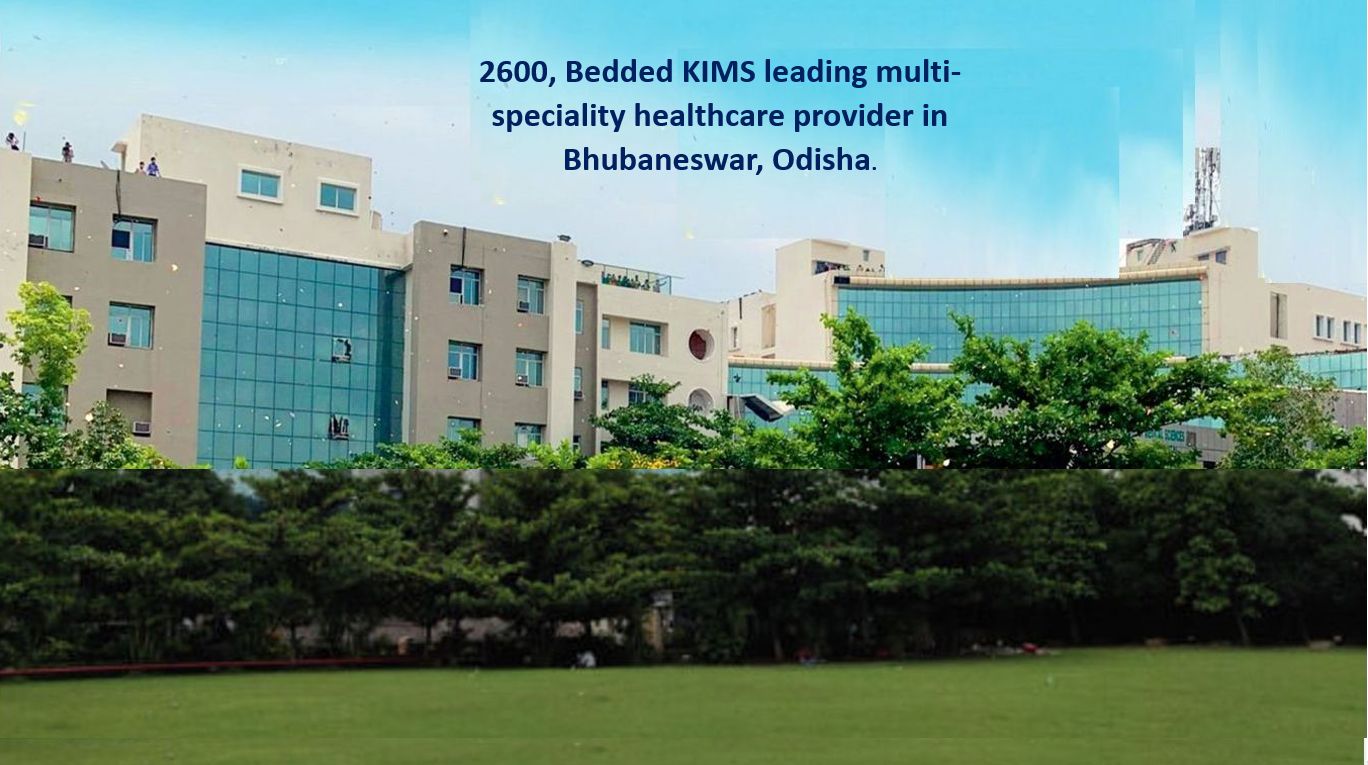People with high blood pressure should not drink alcohol. While studies have demonstrated that low levels of alcohol intake can have protective effects on the heart and can possibly reduce the risk of developing high blood pressure, research has also clearly demonstrated that consuming alcohol in the setting of existing high blood pressure is unhealthy.
Alcohol directly raises blood pressure, and further acts to damage the walls of blood vessels, which can elevate the blood pressure further and make it more difficult to treat, while simultaneously increasing the risk of complications.
If you don't want to take the step of cutting out all alcohol, the American Heart Association says to drink alcohol only in moderation, no more than 1 to 2 drinks per day (one for most women, two for most men).  A drink is one 12 oz. beer, 4 oz. of wine, 1.5 oz. of 80-proof spirits or 1 oz. of 100-proof spirits.
2 ) Salt
In some people, eating too much salt can make high blood pressure much worse. In others, the same amount of salt consumption may have no effect.The problem is that no doctor or scientist can tell which is the case for an individual patient until it is too late.
This, combined with the fact that too much salt is bad for the heart regardless of blood pressure status, means that reduced sodium is a strongly recommended part of a healthy diet. These recommendations are especially important in the setting of secondary high blood pressure due to kidney problems.
While it can be difficult at first to eat a low-sodium diet, you will quickly readjust your taste buds when you stick with it for a couple of weeks. Preparing your own food at home from whole ingredients rather than eating processed food or eating at restaurants is an easy way to control the sodium in your food.
3 ) Fats
Saturated fats and trans fats are bad for both the heart and blood vessels.Because the circulatory system is already under a lot of stress in the setting of high blood pressure, the extra strain can be devastating.
The balanced high blood pressure diet should include sparse amounts of saturated and trans-fats (red meat, fast food), and moderate amounts of other fats (olives, canola oil), avoiding tropical oils. Instead of red meat, enjoy fish, poultry, seeds, nuts, and beans. You can still have the occasional meal of the leanest cuts of red meat. Enjoy fat-free or low-fat dairy products.
Content Courtsey:-https://www.verywellhealth.com/













